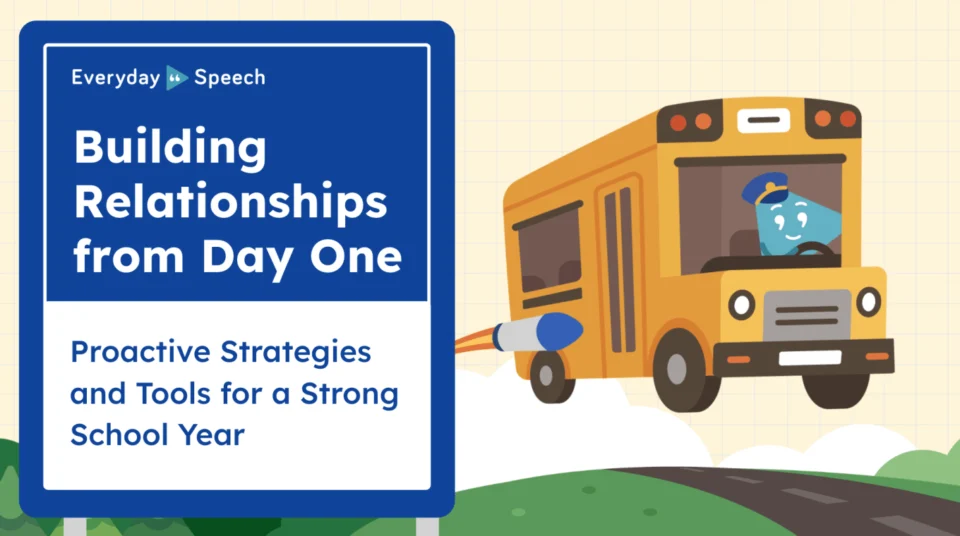Effective IEP Goals for Enhancing Participation Skills in PreK Students
Get free social skills materials
No-prep lessons on self-regulation, emotional recognition, conversation skills, and more.
Sign up hereDownload 50+ Example IEP Goals
Customizable library of strengths-based goals
Key Takeaways
- Participation skills are crucial for PreK students’ academic and social success.
- Specialists such as speech-language pathologists, social workers, psychologists, and school counselors play essential roles in supporting participation skill development.
- IEP goals should be specific, measurable, achievable, relevant, and time-bound (SMART).
- Strategies for improving participation skills include structured activities, modeling, role-playing, and social stories.
- Progress should be regularly monitored and adjustments made as needed.
In special education, it is crucial to address the diverse needs of students to ensure their success in both academic and social settings. One essential skill for PreK students is the ability to participate actively in group activities. This blog post will explore the importance of this target skill and provide practical IEP goals that educators can implement to support their students’ growth.
Introduction: Understanding Participation Skills and Their Impact
Participation skills involve actively engaging in group activities, making comments, asking questions, and following the group’s actions. These skills are vital for students’ learning, social interactions, and wellbeing, as they promote effective communication, collaboration, and a sense of belonging.
The Role of Specialists
Different specialists play a crucial role in supporting the development of participation skills in students:
- Speech-Language Pathologists: They can help students improve their communication skills, enabling them to engage more effectively in group activities.
- Social Workers: They can support students in understanding social norms and expectations, thereby enhancing their ability to participate in groups.
- Psychologists: They can provide strategies for overcoming barriers to participation, such as anxiety or attention difficulties.
- School Counselors: They can offer guidance on fostering a positive classroom environment that encourages participation and inclusivity.
IEP Goals for Participation Skills
Below are some specific SMART IEP goals to improve participation skills in students:
-
Goal: Increase the student’s active engagement in group activities by 80% over the next six months.
Strategies and Activities: Provide structured group activities with clear expectations, offer visual aids to support understanding, and provide positive reinforcement for active participation. -
Goal: Improve the student’s ability to ask questions and make comments during group activities by 70% over the next six months.
Strategies and Activities: Model appropriate questioning and commenting, practice role-playing scenarios, and use social stories to illustrate the benefits of active participation.
Implementing and Measuring Progress
To implement these goals and measure progress, consider the following tips:
- Collaborate with specialists to develop a comprehensive plan for supporting the student’s participation skills.
- Monitor the student’s progress regularly through observation, data collection, and feedback from the student and their peers.
- Adjust strategies and activities as needed based on the student’s progress and individual needs.
Conclusion
Effective IEP goals for enhancing participation skills can significantly impact a PreK student’s academic and social success. By implementing these goals and collaborating with specialists, educators can foster an inclusive and supportive learning environment for all students.
Looking for more help around Participation Skills IEP Goals?
Explore additional resources with an Everyday Speech Free Trial


